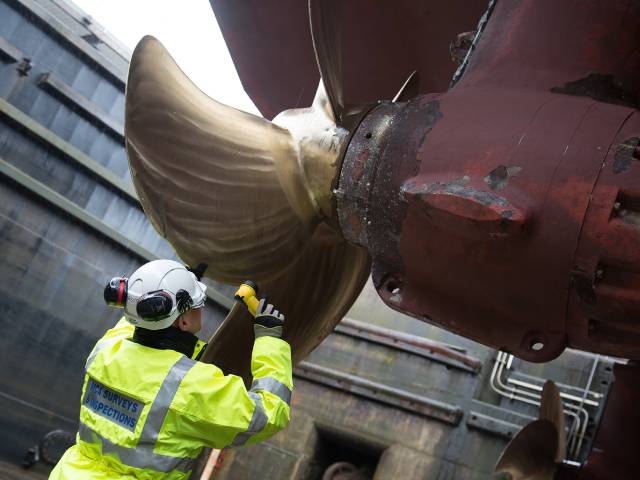A joint commitment to creating zero carbon shipping has led to the Maritime and Coastguard Agency joining forces with a specialist research and development centre.
The Mærsk Mc-Kinney Møller Center for Zero Carbon Shipping has signed a partnership agreement with the MCA as a formal recognition of their joint working.
It means the Maritime & Coastguard Agency becomes an official partner to the Center, committing to a long-term strategic collaboration about the development of zero carbon solutions for the maritime industry.
The two organisations will share their respective expertise as they work to accelerate the development and implementation of future fuels and technologies as the drive continues to create zero carbon shipping.
As part of this effort, the two partners have committed to extensive knowledge sharing within research and development. This will involve joint activities on an industry transition strategy including an action plan for the development of regulation and policies enabling the maritime industry to meet the target of decarbonisation by 2050.
The MCA will also be involved in the further development of techno-economic modelling, enabling the comparison of future fuels across segments and geography.
Brian Johnson, CEO of the Maritime and Coastguard Agency said: “At the heart of the partnership lies a common vision and that vision is about creating a sustainable way to make zero carbon shipping the future of maritime.”
Bo Cerup-Simonsen, CEO of the Maersk Mc-Kinney Møller Center said: “Public private partnerships are a central part of a successful journey towards zero carbon shipping in 2050.”
“The collaboration with MCA is an excellent example of a highly complementary partnership that will strengthen our ability to create a sustainable transition strategy and influence the enabling regulatory framework. We look forward to the collaboration.”
BACKGROUND
Shipping’s road map to decarbonization
With 70.000 ships consuming m300Tons fuel p.a. global shipping accounts for around 3% of global carbon emissions, a share that is likely to increase as other industries tackle climate emissions in the coming decades.
Achieving the long-term target of decarbonization requires new fuel types and a systemic change within the industry. Shipping is a globally regulated industry, which provides an opportunity to secure broad-based industry adoption of new technology and fuels.
To accelerate the development of viable technologies a coordinated effort within applied research is needed across the entire supply chain. Industry leaders play a critical role in ensuring that laboratory research is successfully matured to scalable solutions matching the needs of industry. At the same time, new legislation will be required to enable the transition towards decarbonization.









































